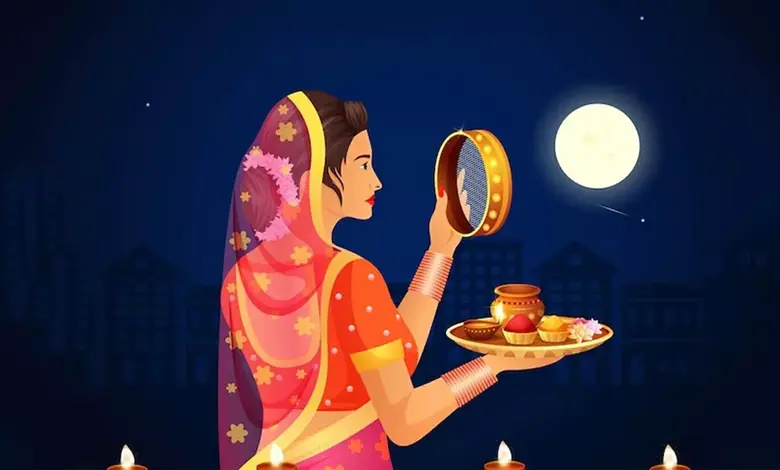As Karwa Chauth approaches on October 30, 2025, married women across India prepare to observe the cherished tradition of fasting from dawn until moonrise, seeking blessings for their husbands’ longevity and prosperity. Amid the rituals of prayer, adornment, and communal gatherings, one often-overlooked aspect can make or break the day’s serenity: dietary decisions before and after the fast. According to experts featured in The Times of India, poor food choices can trigger fatigue, discomfort, or digestive woes, detracting from the spiritual focus. To ensure a balanced experience, prioritize hydration, nutrient-dense options, and moderation key to sustaining energy without unnecessary strain.
The pre-fast meal, known as Sargi, is typically consumed at dawn and often prepared as a thoughtful gift from the mother-in-law. This nourishing start fuels the long hours ahead, but certain indulgences should be sidelined to prevent mid-day slumps.
- Steer clear of greasy dishes: Items like deep-fried samosas, pakoras, or ghee-laden parathas may offer momentary satisfaction, yet they hinder digestion and provoke queasiness during the fast. Opt instead for lighter alternatives that provide sustained vitality.
- Shun sweets and sugary beverages: Treats such as laddoos or fizzy sodas deliver a fleeting rush, only to plummet energy levels later, leaving you lightheaded. Complex carbohydrates and proteins—like oatmeal, dairy, or hard-boiled eggs—offer a more reliable foundation.
- Limit salt-heavy or fiery flavors: Street-side chaats, tangy pickles, or intensely spiced curries accelerate fluid loss, intensifying thirst in a waterless fast. Moderation here preserves stamina for the rituals.
- Bypass fizzy and caffeinated sips: Sodas, coffees, or energy boosters exacerbate dryness and invite headaches. Pre-dawn hydration via plain water or fresh juices proves far more beneficial.
Upon sighting the moon and concluding the fast, restraint remains essential. An abrupt feast risks overwhelming a rested digestive tract, so gradual reintroduction is advised.
- Delay substantial dinners: After prolonged abstinence, a lavish spread can spark bloating or cramps. Commence with simple fare such as fresh produce, warm milk, or nuts before easing into fuller plates.
- Eschew crisped or packaged bites: Post-fast cravings for french fries, potato chips, or ready-to-eat munchies strain the gut. Gentler choices like steamed greens, lentil-rice blends, or flatbreads with pulses replenish without burden.
- Temper the sweet tooth: Irresistible confections like barfi or syrup-soaked gulab jamun can surge blood glucose, fostering drowsiness. A modest serving of dried fruits suffices for that celebratory touch.
- Forgo potent brews: While tea or coffee tempts as a quick pick-me-up, their dehydrating effects linger post-fast. Soothing herbal infusions, mild green tea, or comforting milk better support recovery.
ALSO READ : Is Karwa Chauth on October 9 or 10 in 2025? Timings Revealed
Beyond these specifics—despite the headline’s nod to 10 items, guidance centers on these eight core avoids— emphasizes broader strategies for well-being. Gulp ample fluids with Sargi, weave in proteins and fibers from yogurt or grains for lasting fullness, and nibble deliberately when breaking the fast. Above all, heed bodily signals: a touch of vertigo warrants immediate, wholesome relief.
